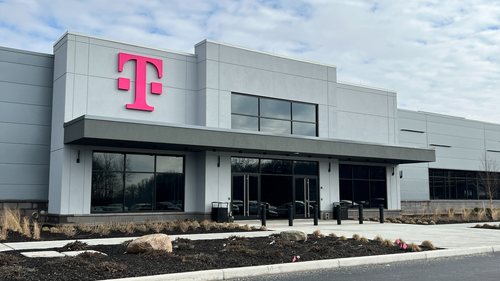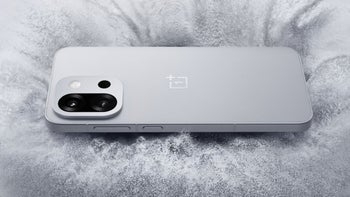Apple and Broadcom Collaborating on AI-Driven Server Chip, Expected by 2026

Apple is reportedly working with Broadcom to develop its first AI-focused server chip, according to The Information (paywalled). The chip, codenamed “Baltra,” is expected to be ready for mass production by 2026 and will mark Apple’s initial foray into server hardware designed specifically for artificial intelligence tasks.
This move could redefine Apple’s AI infrastructure, enabling more advanced services like Siri and other AI-driven applications.
While Apple has been designing its own processors for over a decade, including the A-series and M-series chips, the Baltra AI chip represents a new direction. Apple’s M-series chips, which power its Private Cloud Compute system, were not originally designed for the unique demands of large-scale AI workloads.
Enter Broadcom, a U.S.-based semiconductor manufacturer specializing in server technology. Apple and Broadcom have a long-standing partnership, including a multi-billion-dollar agreement for 5G radio frequency components. Broadcom’s expertise in server chip manufacturing provides Apple with the infrastructure needed to build high-performance AI hardware. This collaboration allows Apple to leverage Broadcom’s networking and processing capabilities while maintaining control over chip design and optimization.
The new AI server chip is poised to bring significant advancements to Apple Intelligence, Apple’s internal AI platform. Currently, Apple runs its AI processes, including Siri’s natural language processing, through M-series chips. However, a dedicated AI server chip would allow for specialized architectures optimized for complex tasks like large-scale machine learning, conversational AI, and real-time natural language processing.
As Amazon, Google, and Microsoft continue to dominate the AI infrastructure space, Apple’s investment in Baltra shows its determination to compete. By designing proprietary hardware, Apple ensures greater control over privacy and security—key selling points in its ecosystem.
Apple’s partnership with Broadcom not only bolsters its AI ambitions but also signals its readiness to evolve its infrastructure to meet the growing demands of artificial intelligence, potentially reshaping its services for the future.
Why Apple is partnering with Broadcom
While Apple has been designing its own processors for over a decade, including the A-series and M-series chips, the Baltra AI chip represents a new direction. Apple’s M-series chips, which power its Private Cloud Compute system, were not originally designed for the unique demands of large-scale AI workloads.
Enter Broadcom, a U.S.-based semiconductor manufacturer specializing in server technology. Apple and Broadcom have a long-standing partnership, including a multi-billion-dollar agreement for 5G radio frequency components. Broadcom’s expertise in server chip manufacturing provides Apple with the infrastructure needed to build high-performance AI hardware. This collaboration allows Apple to leverage Broadcom’s networking and processing capabilities while maintaining control over chip design and optimization.
What Baltra could mean for Apple Intelligence
The new AI server chip is poised to bring significant advancements to Apple Intelligence, Apple’s internal AI platform. Currently, Apple runs its AI processes, including Siri’s natural language processing, through M-series chips. However, a dedicated AI server chip would allow for specialized architectures optimized for complex tasks like large-scale machine learning, conversational AI, and real-time natural language processing.
This aligns with Mark Gurman’s report from Bloomberg, which suggests Apple is developing a more conversational version of Siri to rival ChatGPT and Claude. This enhanced Siri, rumored for 2026, could leverage Baltra’s capabilities to deliver faster, more accurate, and intuitive responses.
A strategic move in a competitive AI market
As Amazon, Google, and Microsoft continue to dominate the AI infrastructure space, Apple’s investment in Baltra shows its determination to compete. By designing proprietary hardware, Apple ensures greater control over privacy and security—key selling points in its ecosystem.










Things that are NOT allowed: